Thailand is fast becoming a leader in responsible tourism, providing visitors a wide range of sustainable attractions, activities, and accommodation offerings.
Visitors to popular dive destinations such as Phuket, Khao Lak, Koh Lanta and Koh Tao can choose from carbon neutral hotels, take part in local conservation efforts, enjoy paddock to plate fine dining and support local communities.
Koh Tao
Koh Tao has embraced a sustainable lifestyle for many years, proactively reducing waste and putting considerable energy into research and sustainability projects. Community gardens, organic composting, solar panel installations, and the natural production of biogas are just a few strategies some local businesses are using to decrease their consumption levels and work towards more sustainable practices.
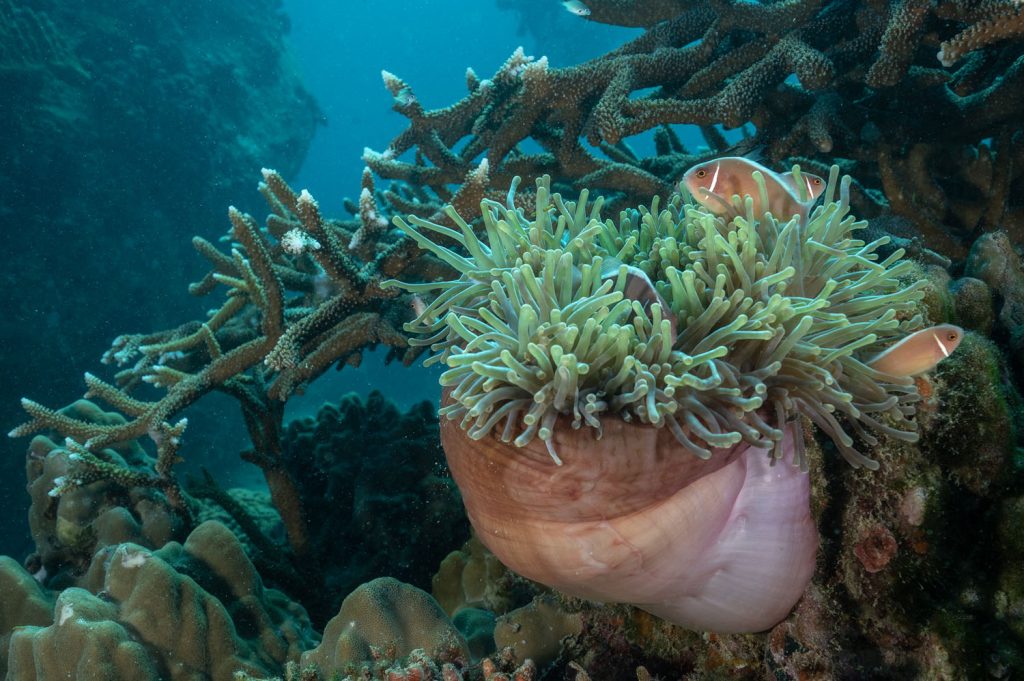
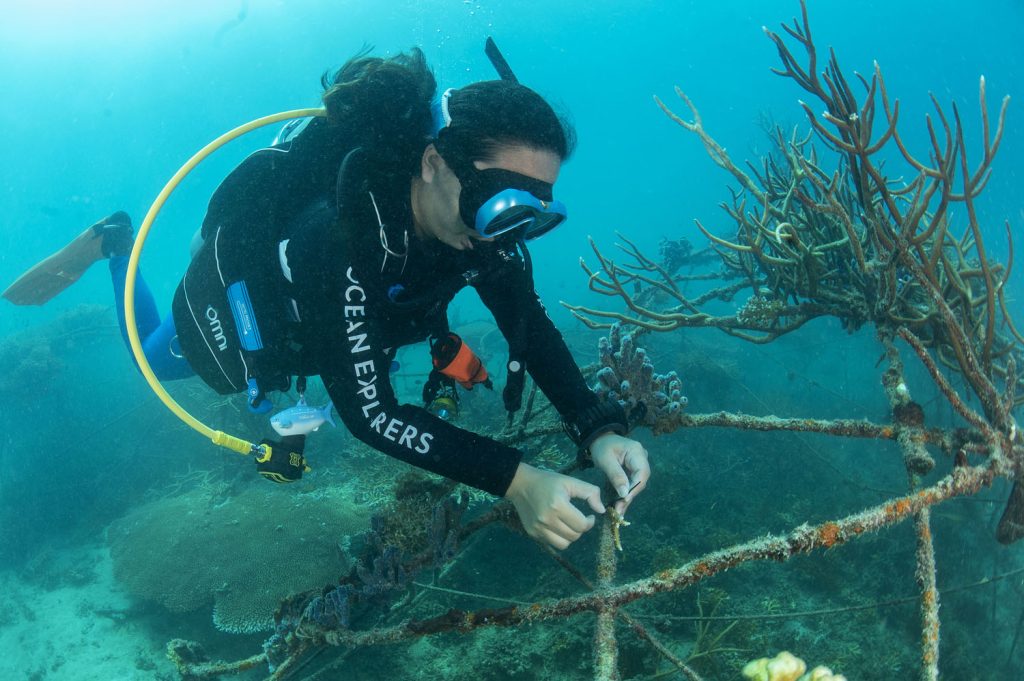
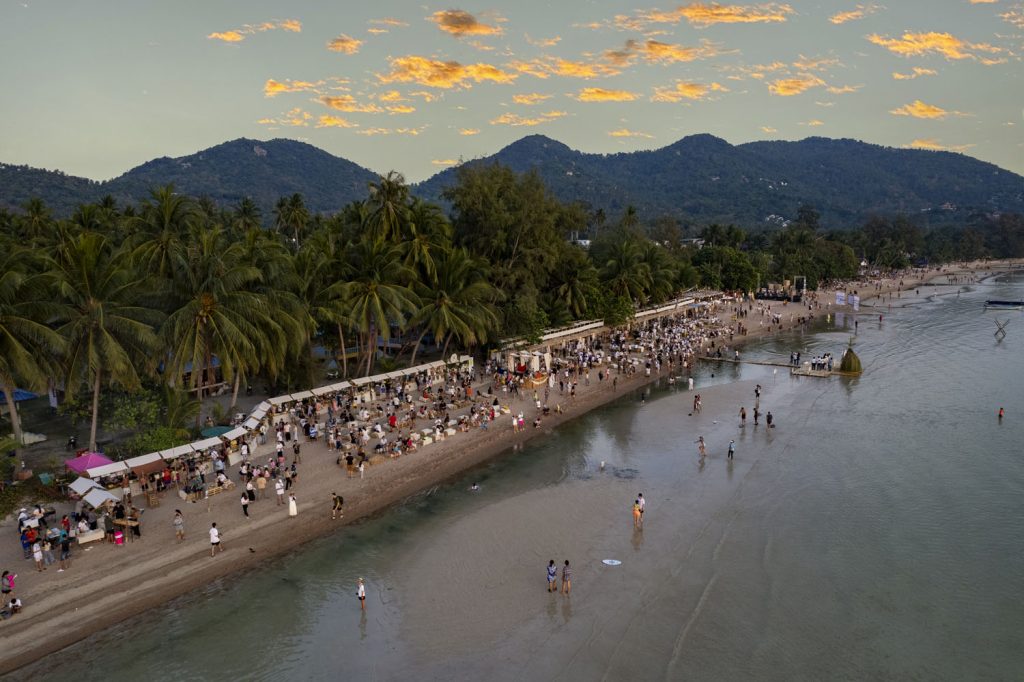
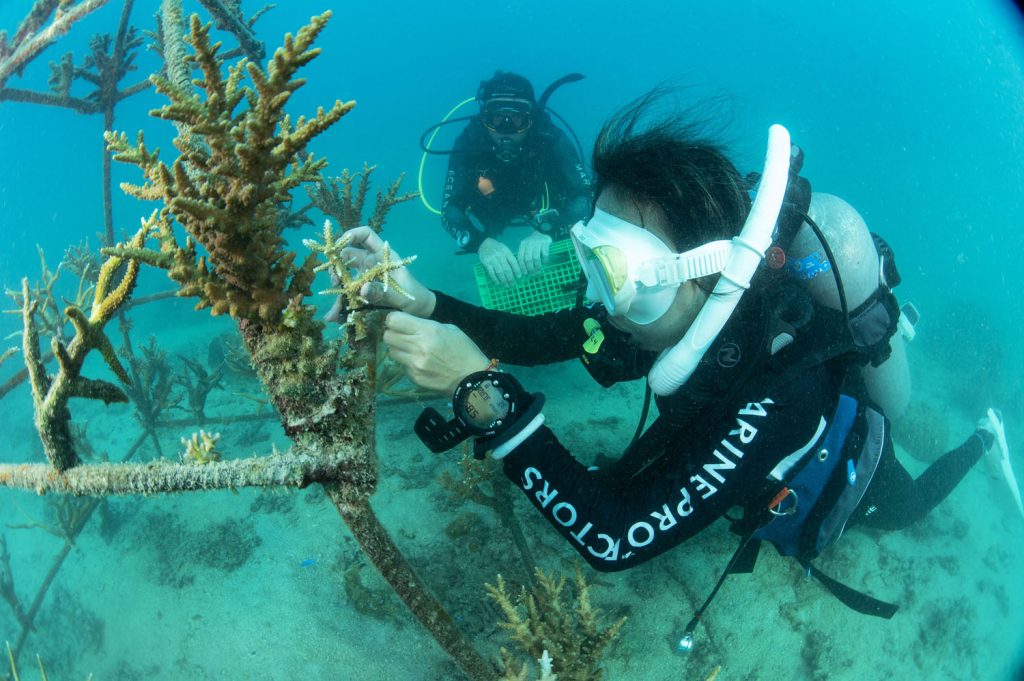
The island now celebrates its world-famous marine environment with an annual festival, Spotlight Koh Tao, which in fact spotlights marine conservation issues. Visitors to the festival can choose from a selection of revitalisation activities, everything from beach clean-ups to zero-waste Thai cooking classes.
Koh Tao’s diving community were among the first to witness the effects of over-tourism, pollution and climate change on local reefs and have joined forces to monitor reef health, manage regular underwater clean-ups and nurture coral restoration projects. Some, such as Black Turtle Dive have taken this step further with the development of marine conservation courses, internships, and workshops for visiting divers.
Koh Lanta
Luxury dive resort, Pimalai Resort & Spa were recently rewarded for their conservation efforts on Koh Lanta which include an extensive coral monitoring program and underwater cleanups at nearby dive sites including Koh Ha and Koh Rok.
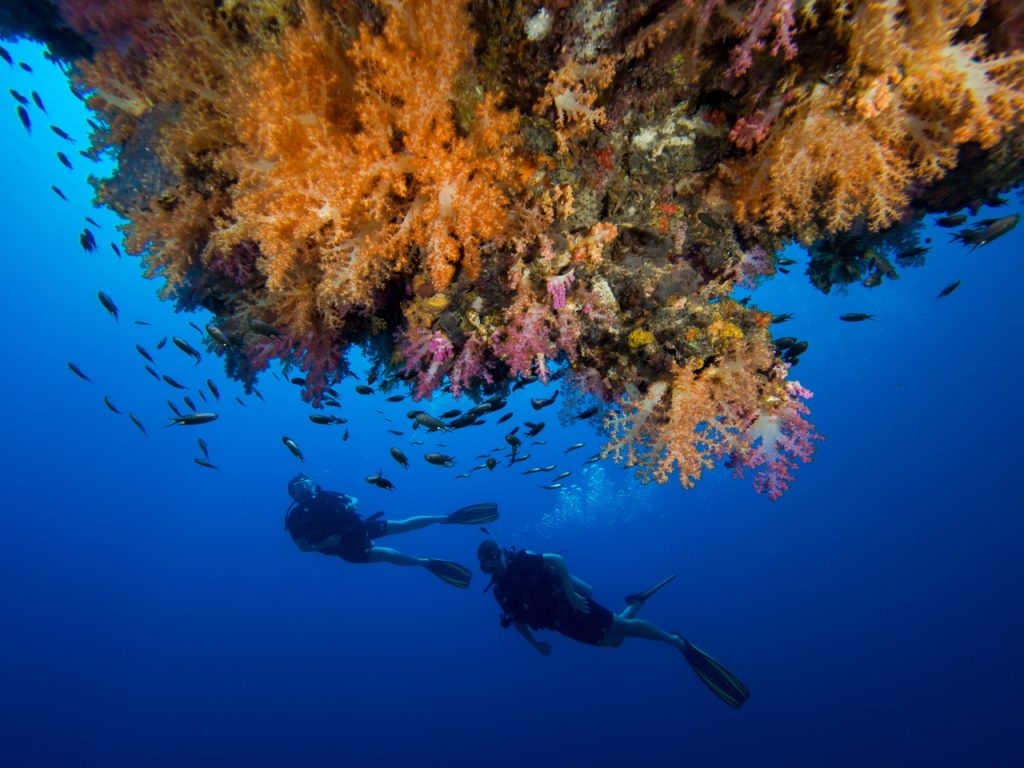
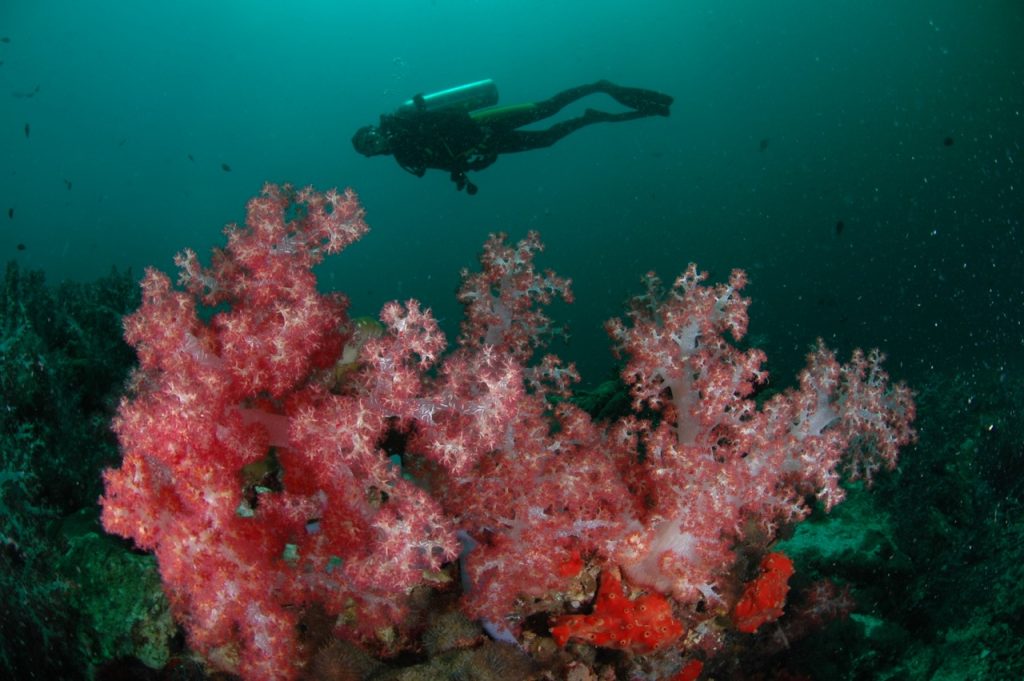
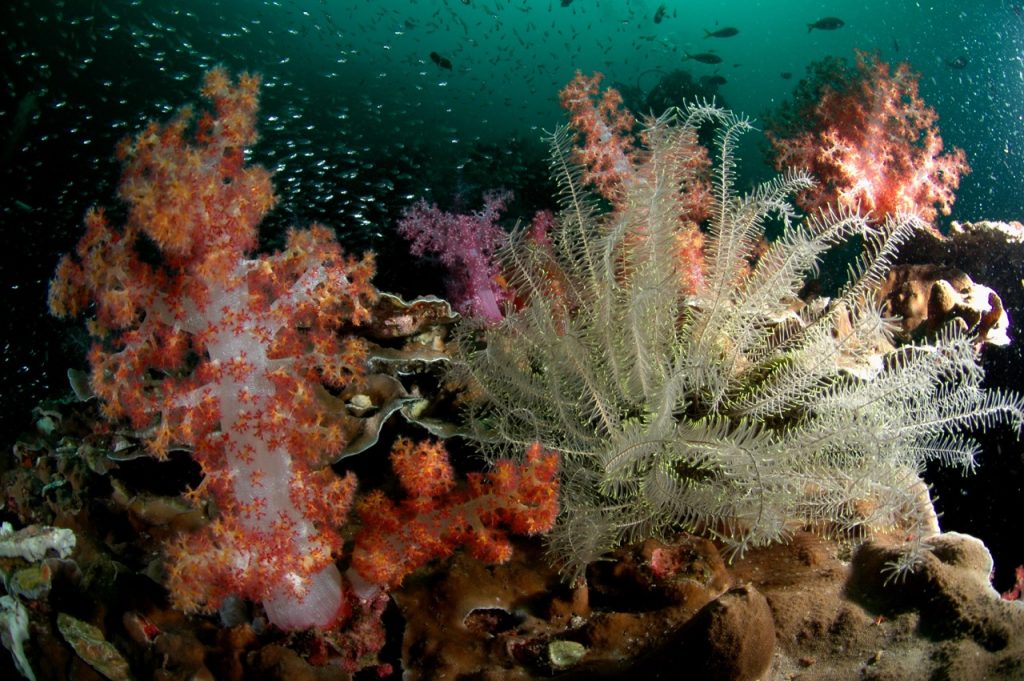
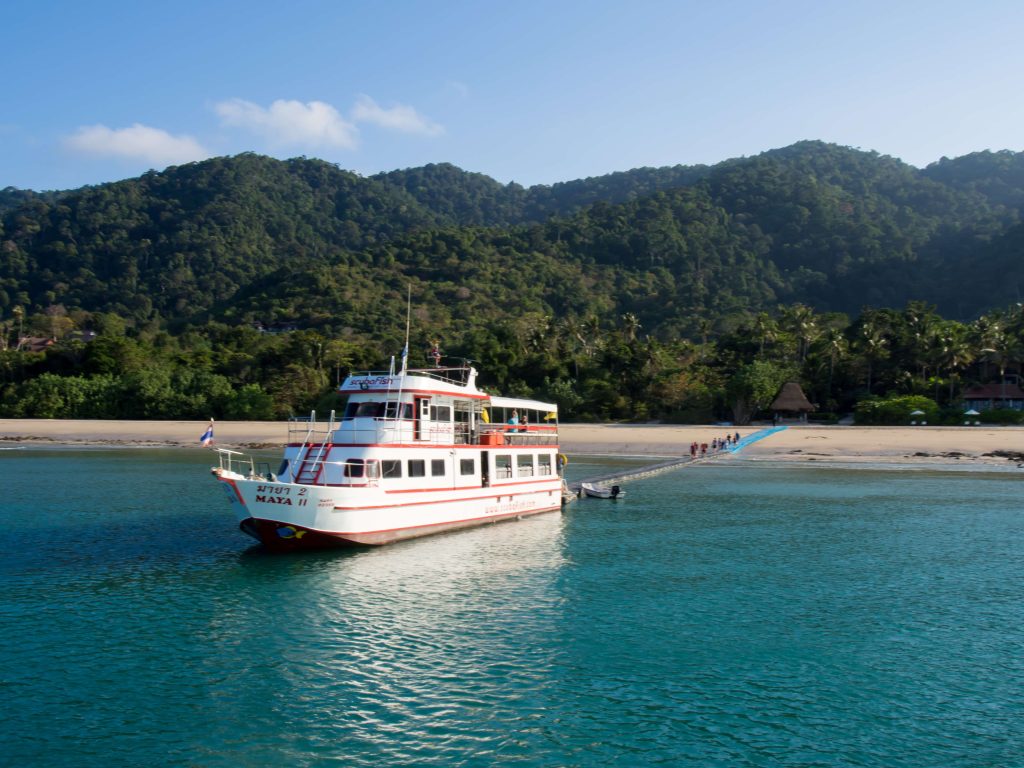
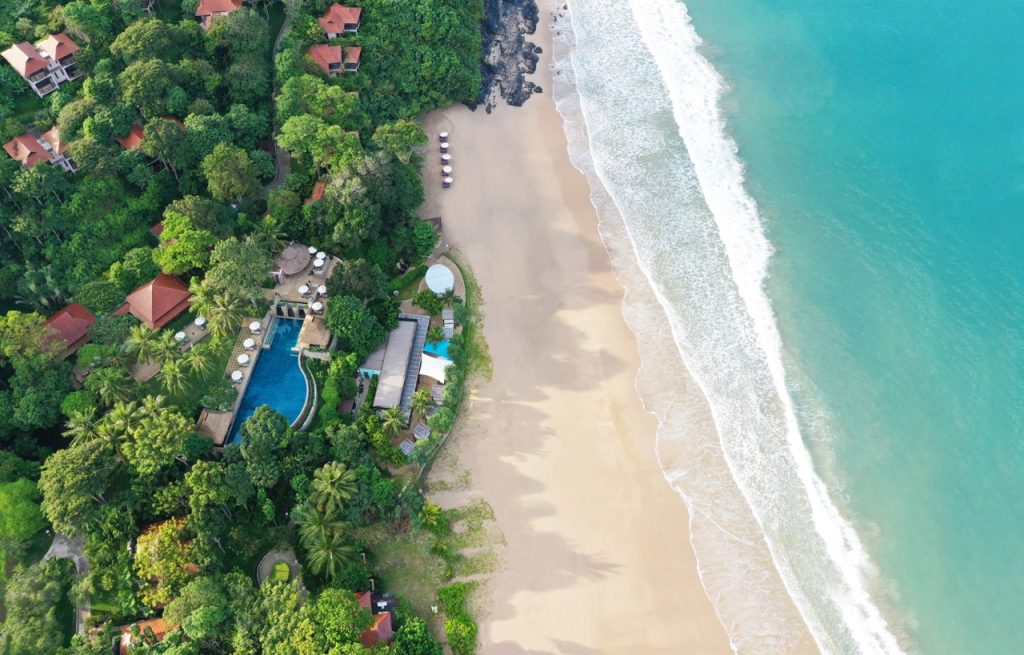
Mu Ko Lanta National Park authorities, in collaboration with leading coral scientist Anuar Abdullah have been diligently monitoring the health of nearby reefs. The second coral monitoring expedition at Koh Rok and Koh Ha took place recently, with results happily reporting that the coral ecosystems in both areas are thriving and in excellent health.
The resort also led the local community in a cleanup of Koh Rok and the underwater surroundings of Koh Ha. The goal being to establish these locations as sustainable tourist attractions and promote a sense of community responsibility in preserving the local environment. Pimalai.com
Phuket
Located in Phuket, the OCEANS FOR ALL foundation was founded in 2019 by David Martin and Thibault Salaun, passionate ocean advocates. The foundation supports several initiatives in Phuket, including a coral farm, seagrass habitat conservation and a bamboo shark nursery.
The organisation’s flagship project is the construction of a coral farm on land in Phuket thanks to the technology invented by Dr. Jaubert from the Foundation of Prince Albert II of Monaco.
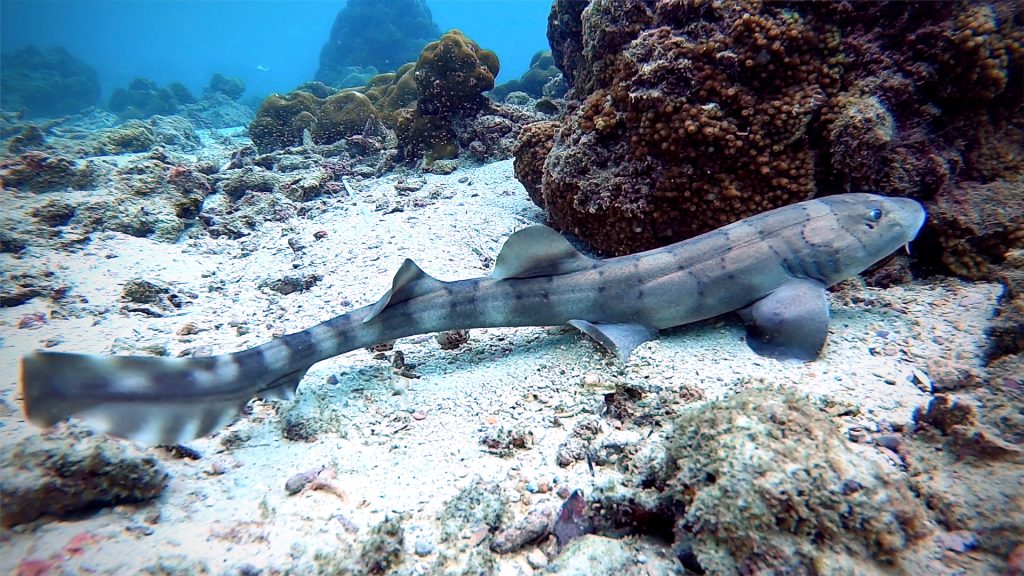
This system enables corals to grow faster so that they can be later relocated to reefs around Phuket (in collaboration with local reef NGOs and government agencies) that have been damaged by tourism activities in places like Koh Phi Phi, Koh Racha and other reefs around Phuket. Beyond this immediate scientific purpose, the Coral Farm will become a an educational tourist attraction for all nature lover.
In collaboration with the Phuket Marine Biological Center, the foundation also breeds baby sharks. Amongst the 450 different shark species, some are egg layers (oviparous, like the Bamboo shark or the Zebra shark), as opposed to most species that give birth to live bearing (viviparous). These two species lay eggs that develop and hatch outside the mother’s body with no parental care after the eggs are laid. This means they can be bred in captivity to be later released as young specimens.
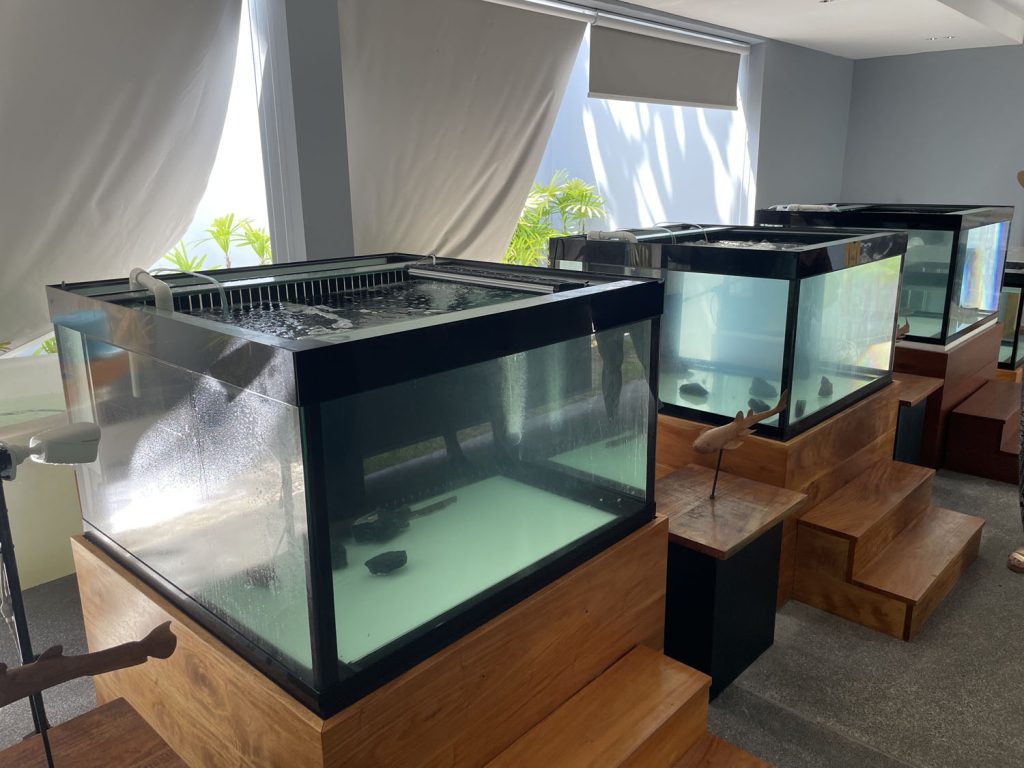
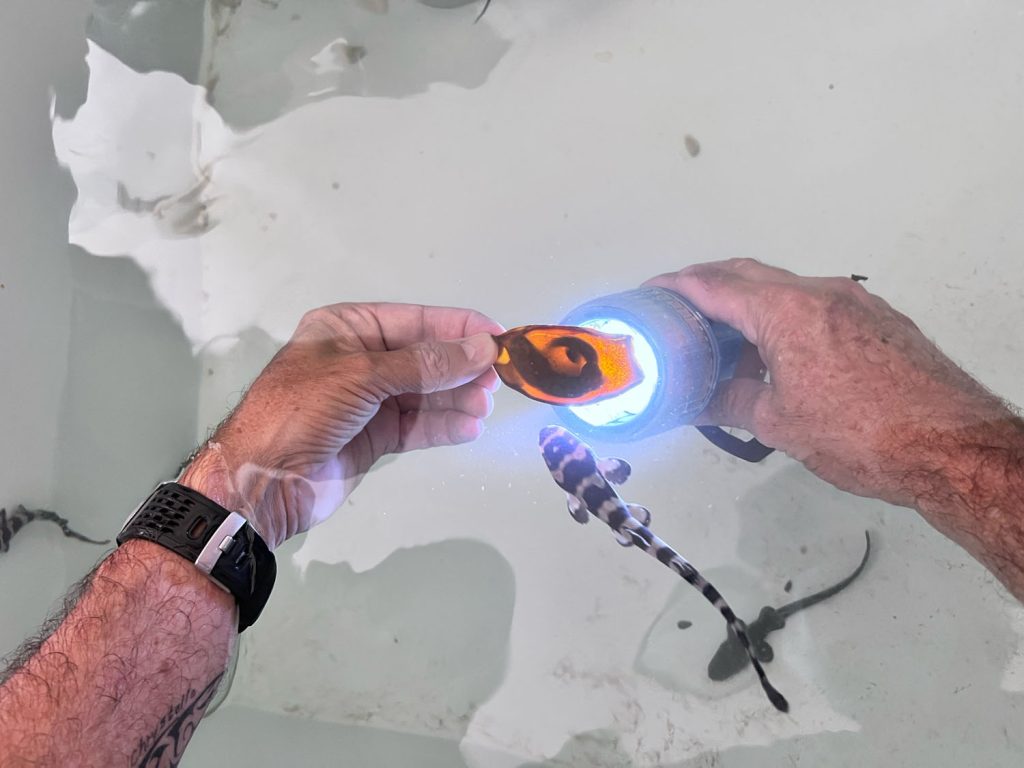
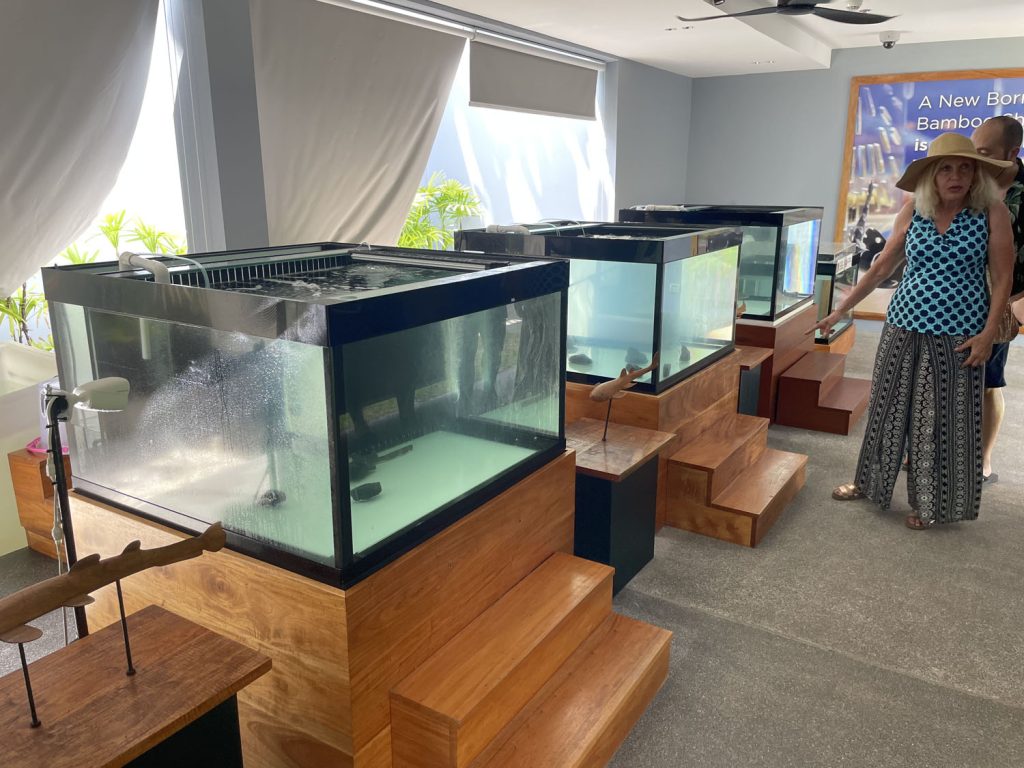
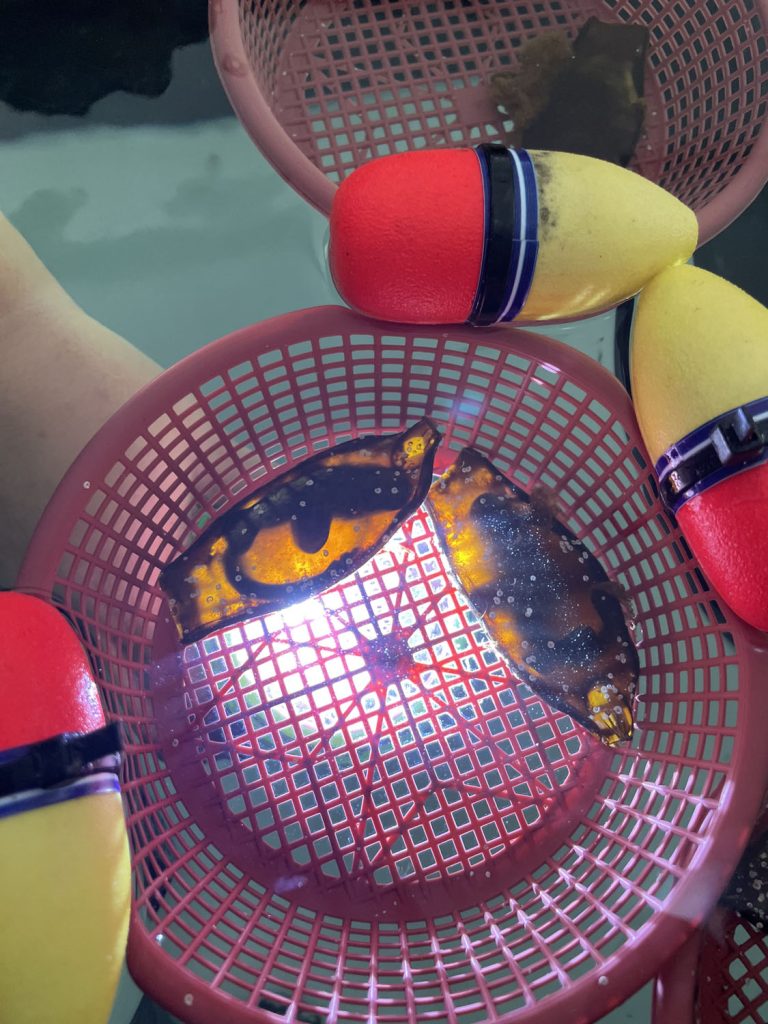
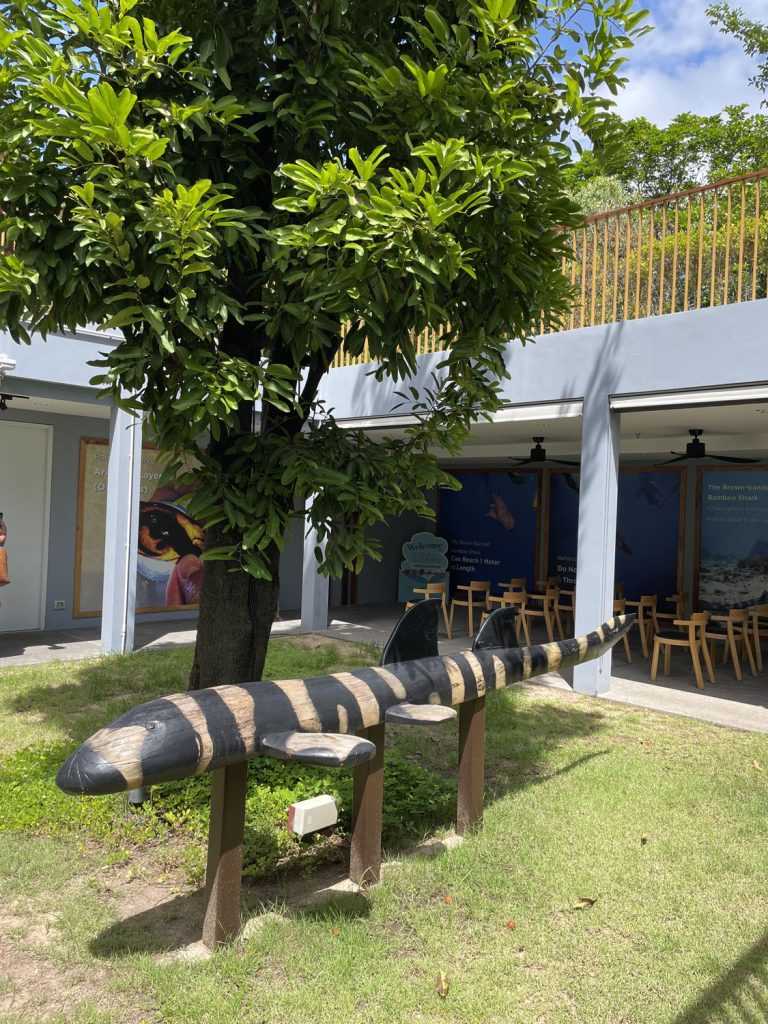
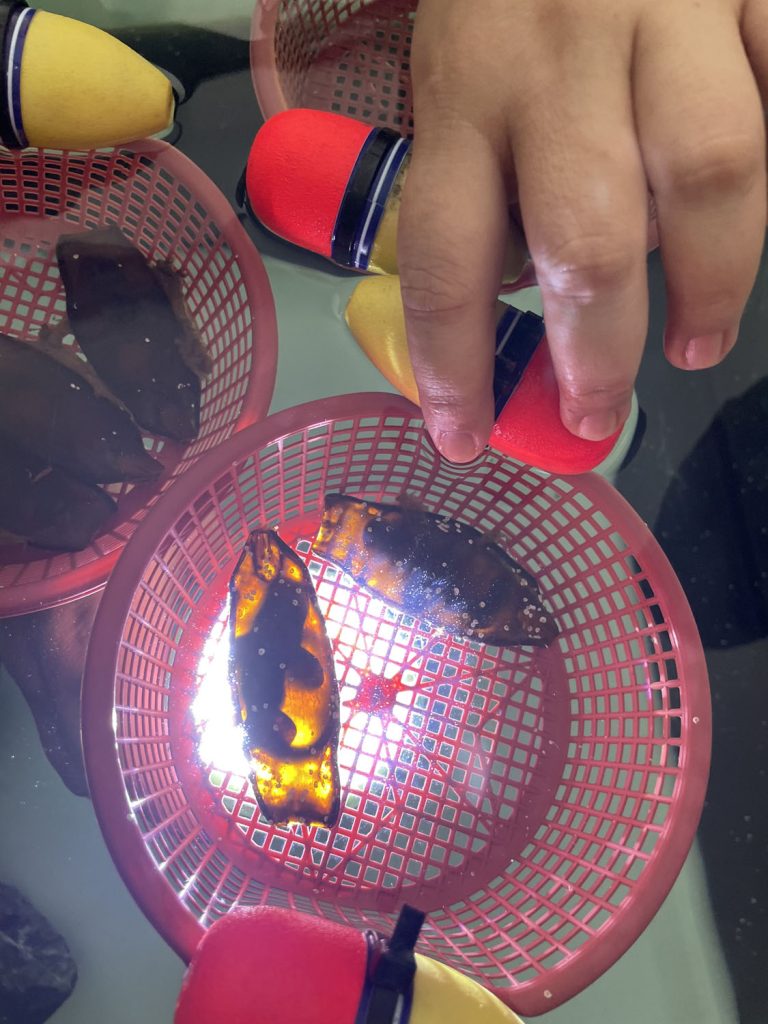
The release of juvenile marine life such as sharks helps restore the balance of the marine food chain. Sharks constitute the apex predator and are on top of the food chain. The drastic decline of their population affects the whole marine ecosystem in unsuspected ways, endangering directly, for instance, the coral reefs themselves. If sharks are to disappear, certain species that feed on coral vegetation will proliferate and affect the coral’s survival.
Releasing the baby sharks is an inspiring and educational experience for visitors, with release events and education centres sponsored by partner hotels wishing to involve their guests.
Advocating for sustainability, the foundation plans expansion to other sea-dependent tourist destinations. oceansforallfoundation.org
